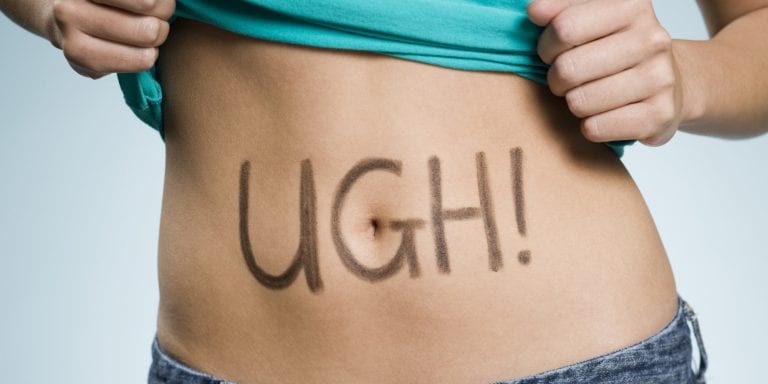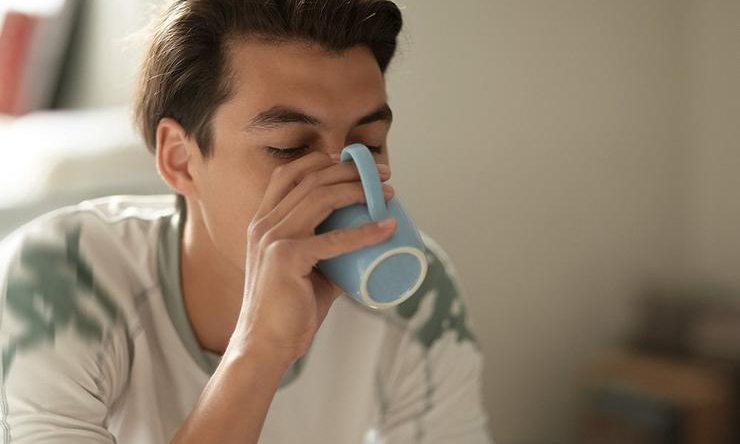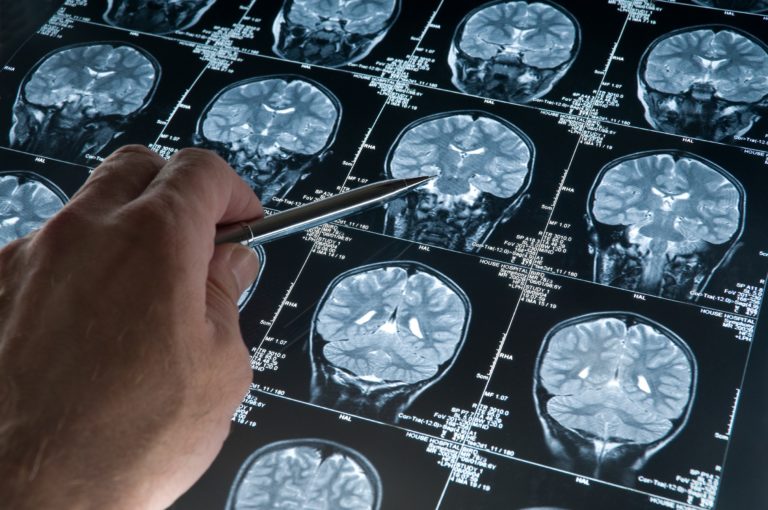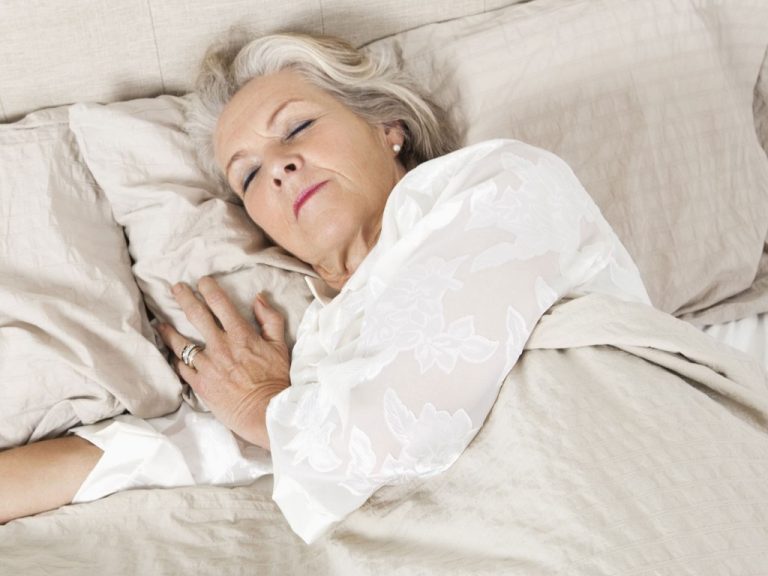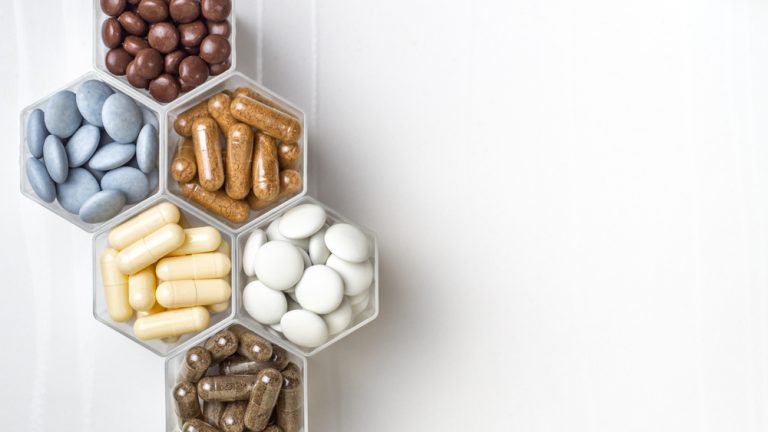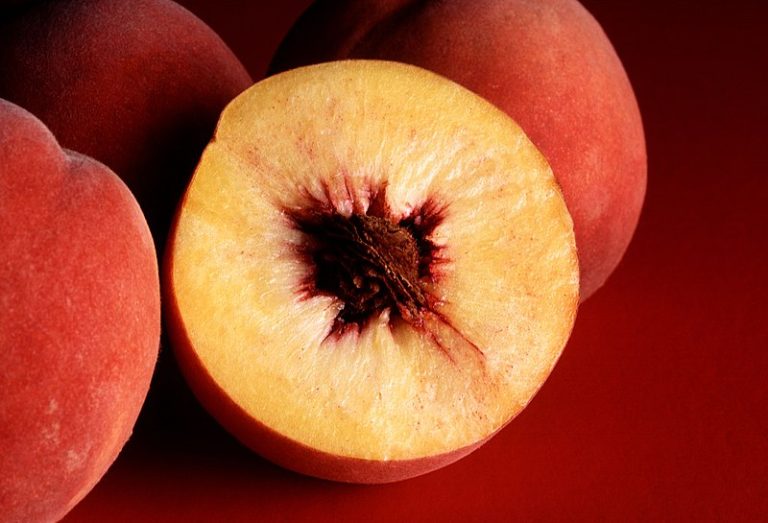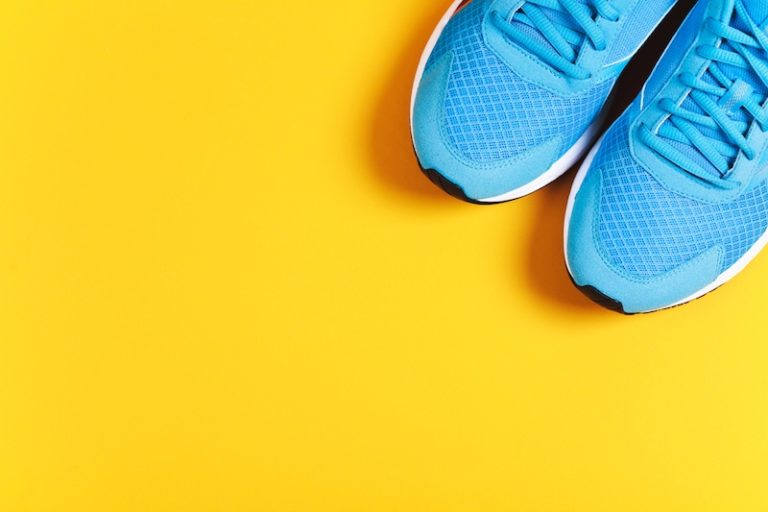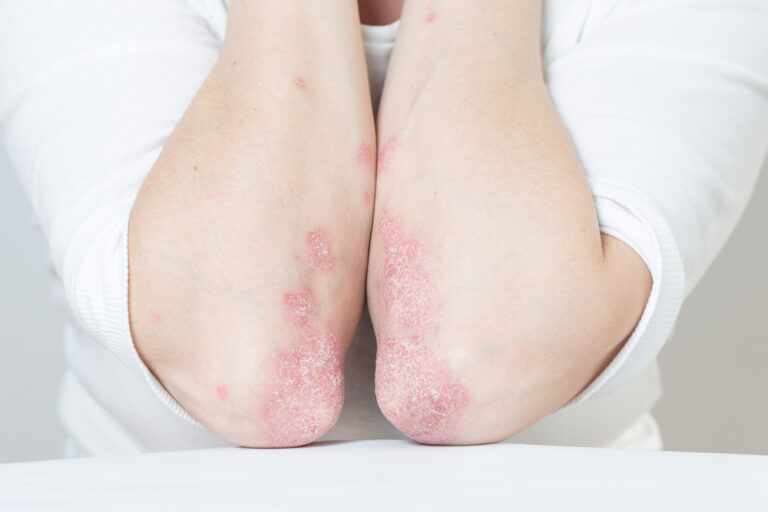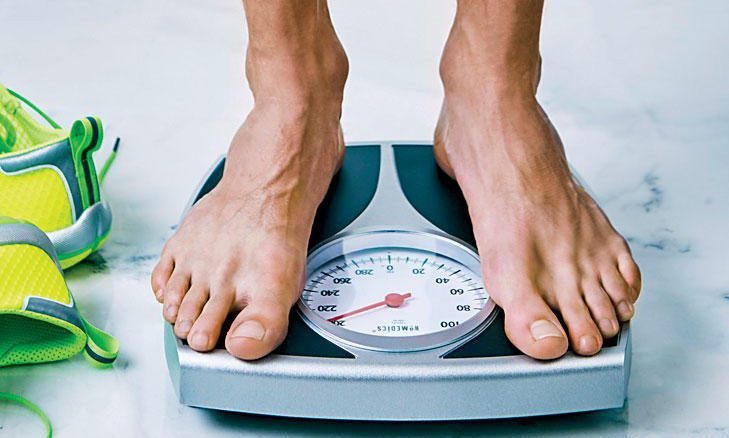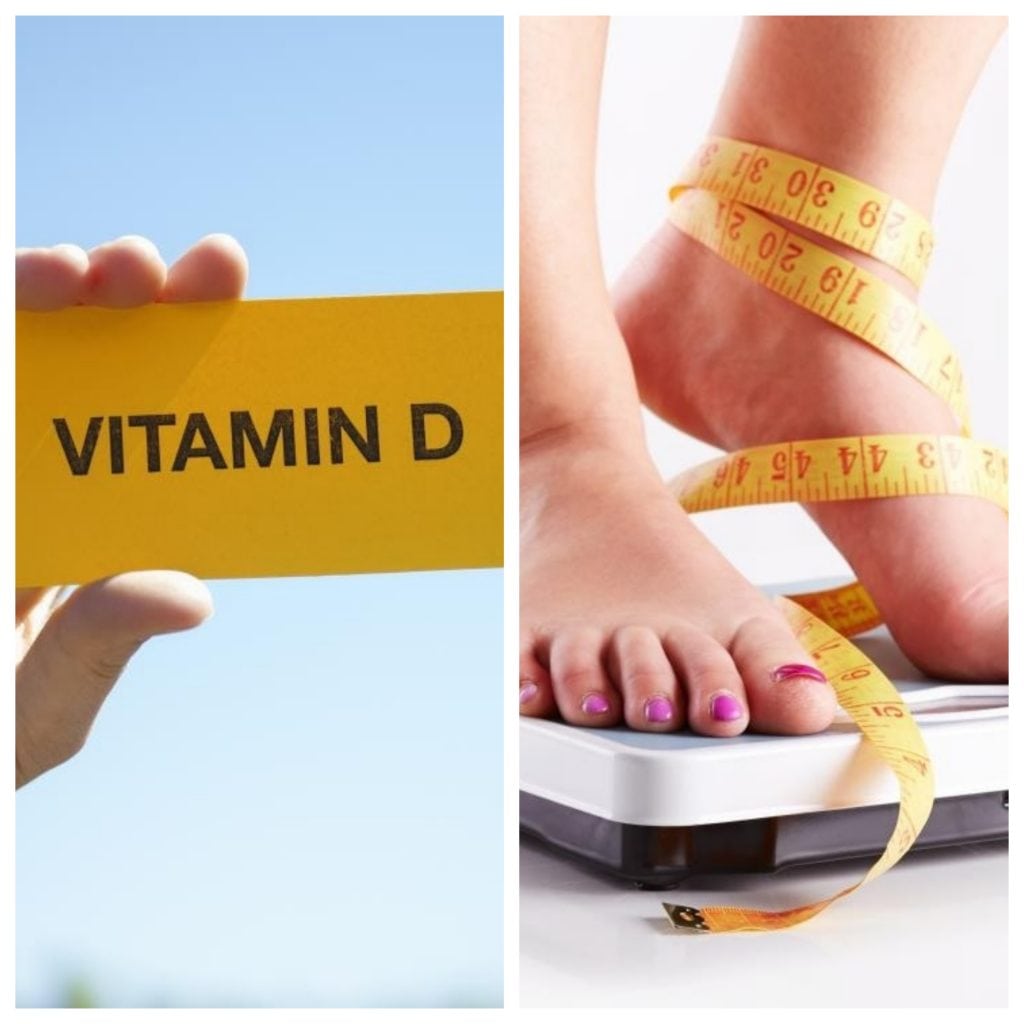
You shun sunlight
“The body produces vitamin D when exposed to sunlight, which in turn helps it absorb the calcium needed for bone health,” says Sneath. “In the winter months, less exposure to sunlight means less vitamin D is produced, and supplements can be required.”
Adults under 50 need 400 to 1,000 international units (IU) of vitamin D daily to reduce the risk of osteoporosis — and adults 50 and older need 800 to 1,000 IU. If you’re not getting out into the noonday sun for at least five to 15 minutes a day, several times a week, talk to your doctor about supplementation based on where you live, the time of the year and which vitamin D–rich foods you eat.
You’ve lost too much weight
Reaching a healthy weight is good but losing too much weight can harm your bones. A body mass index (BMI) of less than 18.5 increases your risk of osteoporosis. According to a study from the Harvard T.H. Chan School of Public Health, just a one unit increase in BMI (approximately 2.3 to 3.6 kilograms) decreased the risk of bone loss by 12 percent.



